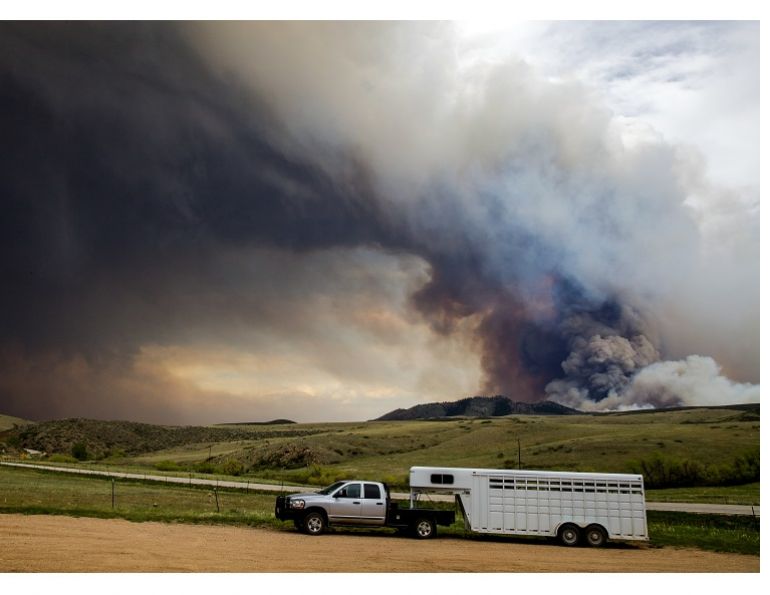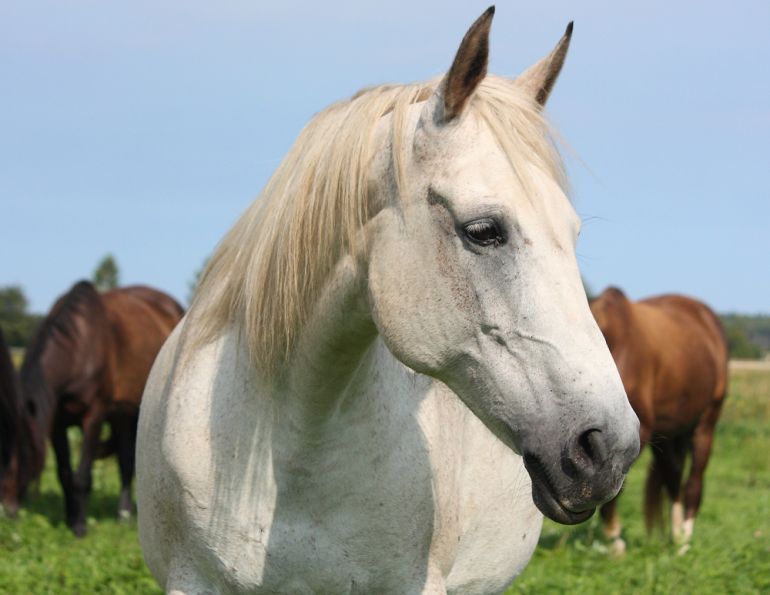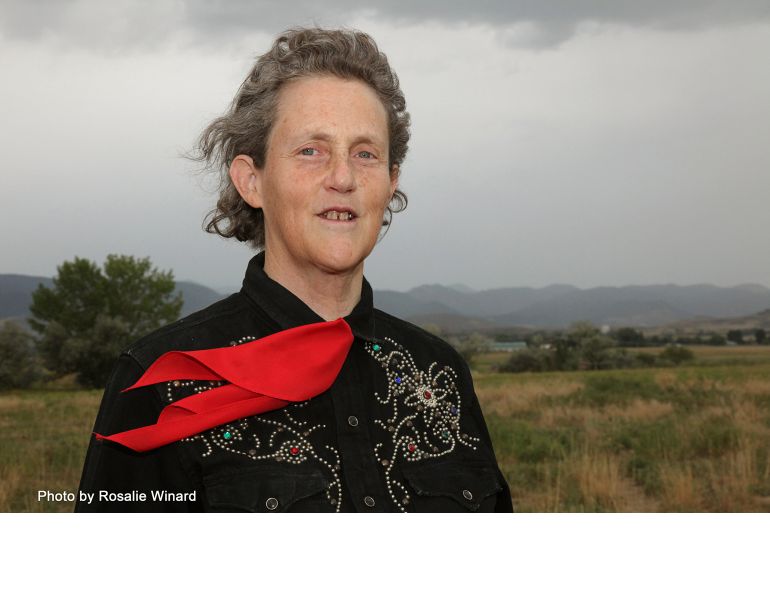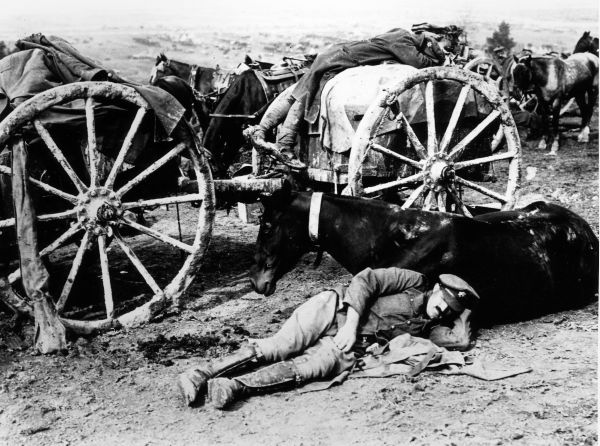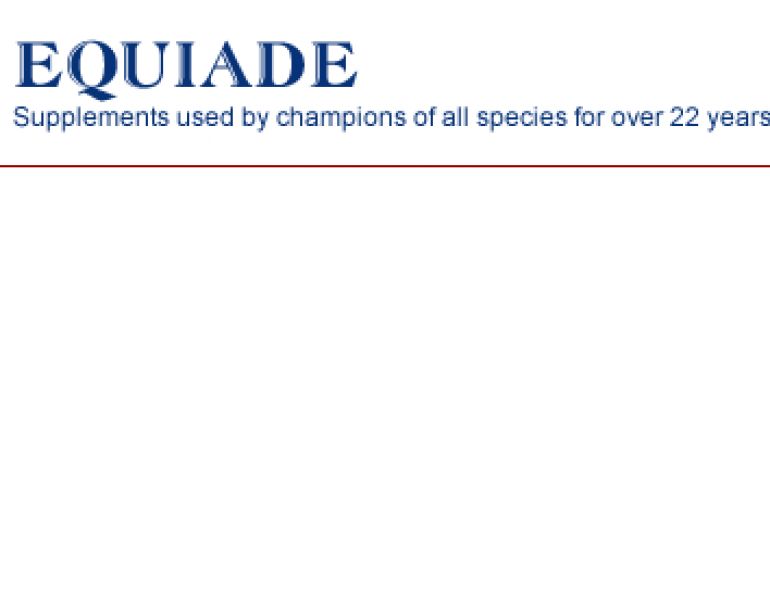Developing guidelines for health and well-being of horses transported by air.
By Mark Andrews
A new study will investigate how to optimize the welfare of horses being transported by air. Horses are among the most travelled domestic species, and although there has been plenty of research into road travel, less is known about how they cope with travelling by air.
Dr. Barbara Padalino, associate professor at the University of Bologna in Italy, is leading research into how horses are managed when travelling by plane. The project aims to identify factors that affect the risk of health or behaviour problems, and is funded by the Morris Animal Foundation.
Findings will be used to develop guidelines to optimize the health and welfare for horses traveling by plane, and may result in revised protocols for organisations such as the International Air Transport Association (IATA).
“Right now, IATA’s guidelines are largely based on the experience of industry professionals with little scientific evidence or validation. They focus on air safety and cargo requirements, with limited provisions for the welfare needs of horses. We need to update flight regulations using evidence collected in a scientific way,” said Dr. Padalino in a statement issued by the Morris Animal Foundation.
In this prospective study, researchers will work with horse owners, air cargo operators, flight grooms, and veterinarians to determine the incidence of health and behavioural problems observed in overseas air-transported horses. Dr. Padalino’s team will train the stakeholders on how to fill out surveys with questions tailored to their respective roles. For instance, veterinarians will be asked about horses’ body conditions, heart rates and levels of alertness, among other observations, before, during and after a journey.
Data will be collected from departure to five days post-arrival, which is when symptoms usually become apparent.
Dr. Padalino hopes to gather data on about 2,000 horses flying on routes between Europe, the United States, South Africa, Japan, Hong Kong, New Zealand, and Australia. She hypothesizes that not only is air transport a mental and physical stressor for horses, but that horses with different temperaments or with less transport experience or training will have a higher incidence of transport-related health problems.
“Researchers and air cargo service providers have rarely had the opportunity to collaborate like this, which has left gaps in our knowledge of the consequences of horses’ movements by air,” said Dr. Padalino. “By working together, I believe we can develop evidence-based guidelines to improve the lives of horses that are flown worldwide.”
Morris Animal Foundation, a leader in advancing animal health, has awarded nearly $1 million in large animal health research grants, supporting 14 projects. Other horse-related research supported this year includes: a study of the variation of the gut microbiome as it relates to the health and wellness in group of feral horses; an investigation into a novel treatment for ocular surface squamous neoplasia; and a study into whether genetic variants can help identify horses at high risk of developing potentially fatal cardiac arrhythmias.
Printed with the permission of Mark Andrews, Equine Science Update.
Images courtesy of FEI/Peden Bloodstock






